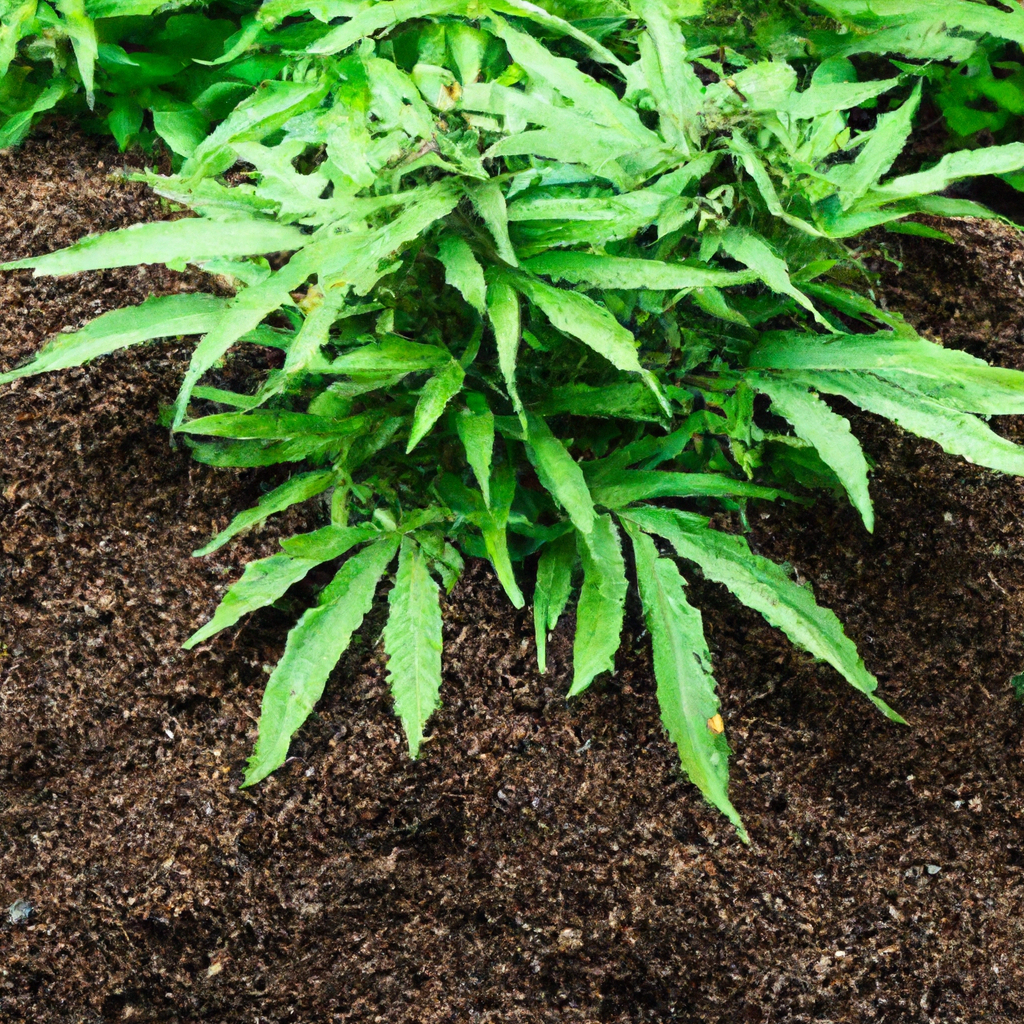Your cart is currently empty!
Embarking on the journey of organic cannabis cultivation requires understanding how to enhance the natural soil ecosystem to support vibrant plant growth. In this guide, we’ll explore the best practices for using natural fertilizers, compost, and pest control methods, offering insights into avoiding synthetic chemicals while promoting sustainability. These practices not only benefit the environment but also lead to healthier yields for consumers and cultivators alike.
Building a Healthy Soil Ecosystem
Creating a thriving soil environment is foundational to successful organic cannabis cultivation. Focus on enriching the soil by incorporating the following methods:
- Compost: Start with rich, homemade compost. Composting breaks down organic material into nutrient-dense matter that enriches soil health. Add vegetable scraps, coffee grounds, and leaves to your compost bin to produce a compost teeming with beneficial microorganisms.
- Cover Crops: Plant cover crops like clover and legumes during off-seasons. These plants fix nitrogen in the soil and prevent erosion, creating a robust environment for cannabis during its growth cycle.
- Beneficial Microbes: Encourage microbial life by applying mycorrhizal fungi and other inoculants. These microbes enhance nutrient uptake and fortify plant health, unleashing the full potential of your soil.
Natural Fertilizers for Sustainable Growth
Using natural fertilizers ensures the health and vitality of cannabis plants without the environmental burden associated with synthetic chemicals:
- Fish Emulsion: A rich source of nitrogen, fish emulsion promotes leafy green growth and is easy for plants to absorb.
- Bone Meal: With high phosphorus content, bone meal supports root development and boosts flower production, essential for fruitful cannabis harvests.
- Kelp: Loaded with micronutrients and growth hormones, kelp enhances plant resilience through its potassium content, improving root health and boost growth.
Eco-Friendly Pest Control Methods
Natural pest control is imperative for maintaining an organic cannabis crop without resorting to harmful chemicals. Consider these strategies for effective pest management:
- Neem Oil: An organic insecticide derived from the neem tree, neem oil disrupts the life cycle of pests such as mites and aphids without harming beneficial insects.
- Companion Planting: Introduce beneficial species like marigolds or basil which repel pests and attract predators of harmful insects.
- Beneficial Insects: Release ladybugs or lacewings that naturally prey on aphids and mites, helping you maintain a healthy, pest-free garden.
Conclusion
Integrating organic practices in cannabis cultivation not only promotes a healthier environment, reducing adverse ecological impacts, but also ensures that the end product is free of harmful residues. By focusing on building robust soil ecosystems, employing natural fertilizers, and leveraging eco-friendly pest control methods, growers can achieve sustainable, high-quality cannabis harvests. Ultimately, these practices ensure that both the environment and consumers reap the benefits of organically grown cannabis.
Adopt these practices, and you’ll enhance the natural symbiosis between plant and soil, cultivating cannabis that’s as sustainable as it is rewarding.
Tags: OrganicGrowing, CannabisCultivation, NaturalFertilizers, SustainablePractices, BeneficialInsects
Discover more from Magic Clones
Subscribe to get the latest posts sent to your email.


Leave a Reply